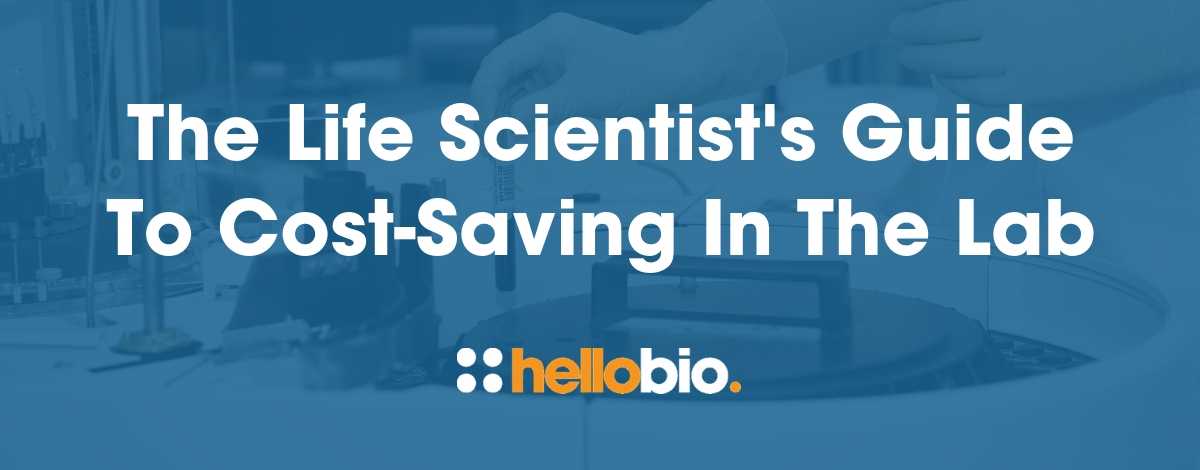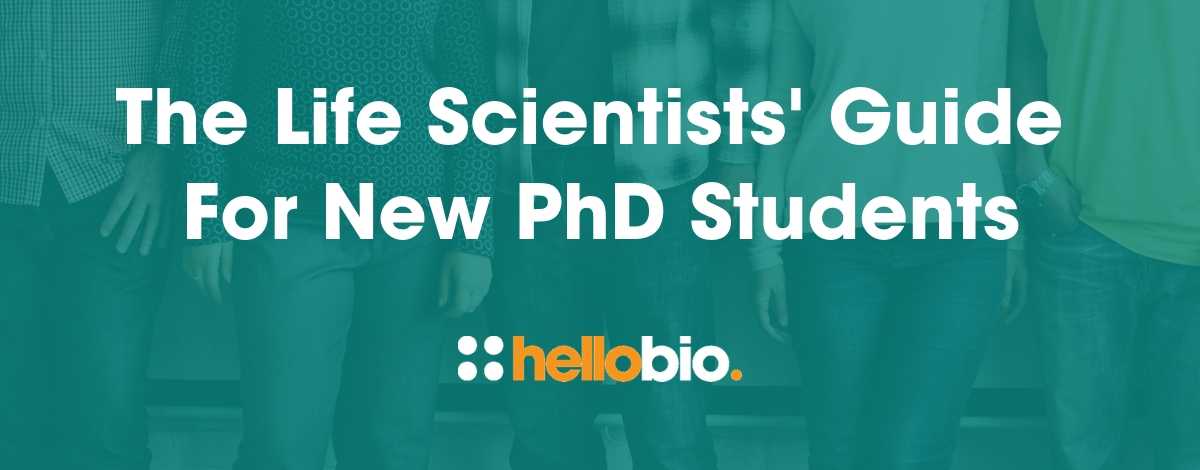Interviews with Scientists: Kate Manley
Next in our Interviews with Scientists, meet Kate Manley! Kate is currently an NIHR Academic Clinical Fellow and Specialist Registrar in Urology at the Norfolk and Norwich University Hospitals NHS Foundation Trust.
Kate is currently working as part of the Prostate Cancer Genetics Team at the University of East Anglia in Prof Colin Cooper’s lab (BCRE). Together, the lab team are working on a non-invasive test for prostate biomarkers using RNA from prostatic secretions in the urine.
Hi Kate! Thank you for speaking with us today! Firstly, what’s your background in science?
I studied pre-clinical medicine at Cambridge University and intercalated in neuroscience. I was exposed to research early on in my career, being fortunate enough to undertake my undergraduate research project in the Translational Cognitive Neuroscience Lab. I completed clinical school at Imperial College London, graduating with an MBBS degree in clinical medicine.
I’m now working as a Specialist Registrar in Urology in the Eastern Deanery, in my first year of an NIHR Academic Clinical Fellowship (ACF). This programme is designed for surgical trainees who are interested in an academic career. I am hoping to commence studying for an MD in the near future once I have secured funding.
Did you always want to work in science when you were younger, and why?
Having an older sister who was a scientist had an enormous impact on my desire to pursue science as a career. I remember reading some of her PhD thesis and being amazed at the entire process from hypothesis generation to conclusion. The idea that you can find out something which nobody knew before, and contribute to the way the world understands a topic is incredibly appealing. Working in medicine has always interested me. I enjoy the balance of clinical, practical and academic aspects it provides and I love meeting and working with patients.
What made you interested in the field of urology, and what was your career journey to becoming a clinician?
After qualifying from medical school and becoming and junior doctor, I undertook a two year Foundation Programme then a further two years of Core Surgical Training before being appointed as a Specialist Registrar. Along the way I have tried to pursue any research opportunities that have come my way. I have worked for some truly inspirational consultants who have offered me invaluable advice and career guidance.
Urology offers the practical challenges of surgery with a wide range of procedures from core diagnostic procedures to complex uro-oncological surgery. Evolving techniques (robotics, endourology) are improving patient outcomes through minimally invasive surgery and enhanced recovery. As a speciality it also offers an attractive mix between theatre and other clinical duties. I am drawn to the patient-centred care, which is very much a focus within urology. Through my experience of the ‘one-stop’ clinic, I am often able to see patients, perform relevant investigations and agree a management plan all on the same day – a better service for the patients than having multiple trips to the hospital and long waiting times for results.
What prompted you to begin working as a cancer researcher?
Caring for patients with cancer forms a significant part of the work we do as urologists (in addition to all the benign conditions we see). Cancer research offers an incredibly exciting opportunity to improve the lives of the patients we care for – in particular advances in diagnostic tests such as urinary biomarkers for bladder and prostate cancer, and the potential for more targeted treatments depending on the cancer’s genetic profile.
What has the transition from clinician to researcher been like, and what are the biggest differences and similarities?
I am constantly in awe of my lab colleagues – their almost encyclopaedic knowledge of cancer genetics and molecular pathways amazes me!
The majority of my basic science training was at the beginning of medical school, some time ago, and it has been challenging for me to keep up having primarily been working in clinical medicine for the past ten years. Working in the lab also necessitates a much more self-directed approach, where we often work to our own schedule, whereas in medicine our time is much more regimented through theatre, clinic and on-call duties.
In terms of similarities, lab work requires a certain degree of discipline and mastering some of the practical tasks is similar to the procedures we undertake in theatre. Following a protocol and ensuring things are checked rigorously are important aspects of both lab and clinical work. Team working is also vital – in urology, we work very closely with other healthcare professionals and specialities (the ‘multi-disciplinary team’) to provide the best care for our patients. In the same way, team working is vital for the successful functioning of our lab and each person in the group brings different attributes and skills which benefit the team as a whole.
What are the challenges you've found in balancing motherhood and a career?
I am lucky enough to be able to work part time, this ensures that every week I get to spend some quality time with my little boy. During these days at home I endeavour not to keep checking my phone and try to mentally switch off from work. I am also fortunate in that I have an incredibly understanding partner, who goes out of his way to support me and share in childcare duties, despite being a full-time urologist himself!
Working part-time of course has its own challenges, I think it is important to ensure that you feel part of the team even though you are not always around. Taking time out to have children can obviously delay your career progression and although it is going to take me a lot longer than some of my colleagues to finish my research degree and eventually become a consultant, I am quite enjoying the journey and think that everyone should be encouraged to progress at their own pace.
What do you think still needs to be done to make it easier or fairer for women working in science?
I think there are a lot of positive steps being taken to address the issue of gender pay gap, and the recent publicity this issue has attracted is certainly driving progress but there is obviously a lot more that needs to be done. Women have struggled for years to be treated fairly and we owe so much to our predecessors who have endured inequality and blazed a trail for modern women in science.
The Royal College of Surgeons has developed Women in Surgery (WinS) – a national initiative which encourages and promotes women in their surgical career ambitions. Its aims are to raise the profile of women in surgery, understand the challenges they face and provide additional guidance and support to women.
Initiatives like WinS and equivalent projects to support women in STEM (Science, Technology, Engineering, and Mathematics) are vital for continuing to drive the progress which has already been made.
Tell us a bit more about what you’re working on at the moment...
‘Liquid biopsies’ are non-invasive tests which provide information about tumours without the need for surgical biopsy. They have generated a lot of interest in recent years as they avoid the morbidity of invasive biopsy and are much better tolerated and convenient for patients. The team at Professor Colin Cooper’s lab are developing a urine test which uses a panel of genes to provide a risk score for prostate cancer diagnosis.
What does a typical day in the research lab look like for you?
The majority of my day involves processing patient samples to extract RNA from prostatic secretions in the urine. Whilst we quantify urine biomarkers using the NanoString facility at another institution, day-to-day we often use PCR as part of our in-house analysis. Following that, we have regular lunchtime lab meetings where each person has the opportunity to present their work and receive feedback. These are fantastic opportunities to learn about everyone’s projects, and the team provides a really supportive environment for everyone to participate. My afternoons are frequently spent in the outpatient clinic recruiting patients for our study.
What do you think are the biggest challenges currently facing life scientists and their work at the moment?
As is all too frequently the case, funding is always a problem. Unfortunately, Brexit is currently significantly adversely impacting scientists’ ability to obtain funding for their work.
Outside the lab, what do you enjoy doing most?
Without a doubt, my favourite thing outside of the lab is spending time with my partner and our son. When I get the time (which is rare these days) I like to play the guitar very loudly and very badly!
What is it about your field of research, or your current work, that gets you most excited?
Prostate cancer is the most frequently diagnosed solid cancer (over 40,000 new cases each year) and the second most common cause of cancer-related death in men in the UK. The National Prostate Cancer Audit 2018 recorded 20,000 biopsies were performed last year. Having a prostate biopsy is often a daunting experience for many patients. Developing a urine test which reduces the need for unnecessary biopsy and facilitates early and improved diagnosis would make a real difference to the lives of thousands of men.
Which scientists working today do you most admire, and why?
Dr Stacy Loeb (NYU) and Dr Karen Knudsen (Thomas Jefferson University) are both clinicians who have a specialist interest in the field of prostate cancer research. I think these women are fantastic role models. They are world-leaders in their academic research whilst maintaining their clinical practice.
What's your favourite science quote?
"If I have seen further it is by standing on the shoulders of Giants." (Issac Newton)
What do you think is the greatest scientific discovery of all time?
I know it’s a cliché but Watson, Crick, Wilkins and Franklin’s discovery of DNA in 1953 has to win this accolade no contest! It is the foundation of our quest to understand the human genome and the origins of the modern era of biology.
_________________________________________________
Thank you so much for speaking with us, Kate!
You can find and connect with Kate at the following links:
- Twitter: @KateManley4
- ResearchGate: https://www.researchgate.net/profile/Kate_Manley2
- Google Scholar: https://scholar.google.co.uk/citations?user=JBLNpK...
Additional links:
- https://www.bobchampion.org.uk/research-report.htm
- https://www.uea.ac.uk/alumni/difference/health/pro...
_________________________________________________
If you enjoyed reading this interview, why not check out the other resources available on our blog. One of the things we’re most passionate about is supporting early career life scientists and PhD students. We know how tough it is - so we hope you find these helpful!
Advice & guidance for life scientists
Click below to view our of essential guides and articles includes to support life scientists, PhD students & early career life scientists:
Travel grants
Every month we give away $500 to PhD students and Postdocs so that they can attend a scientific conference - click below to find out more:
Wellbeing for scientists
Click below for our resources to help improve your wellbeing:
Technical resources
Try our Molarity Calculator: a quick and easy way to calculate the mass, volume or concentration required for making a solution.
Try our Dilution Calculator: an easy way to work out how to dilute stock solutions of known concentrations
Click below to see our Mini-reviews, Pathway Posters & Product Guides: a set of technical resources to answer your questions on a wide range of topics and to help you get started quickly.
And - when you get to the stage of planning your experiments, don't forget that we offer a range of agonists, antagonists, inhibitors, activators, antibodies and fluorescent tools at up to half the price of other suppliers - click below to see how we compare with other suppliers:
Advice from your fellow scientists
Click below to read advice from other scientists:






















